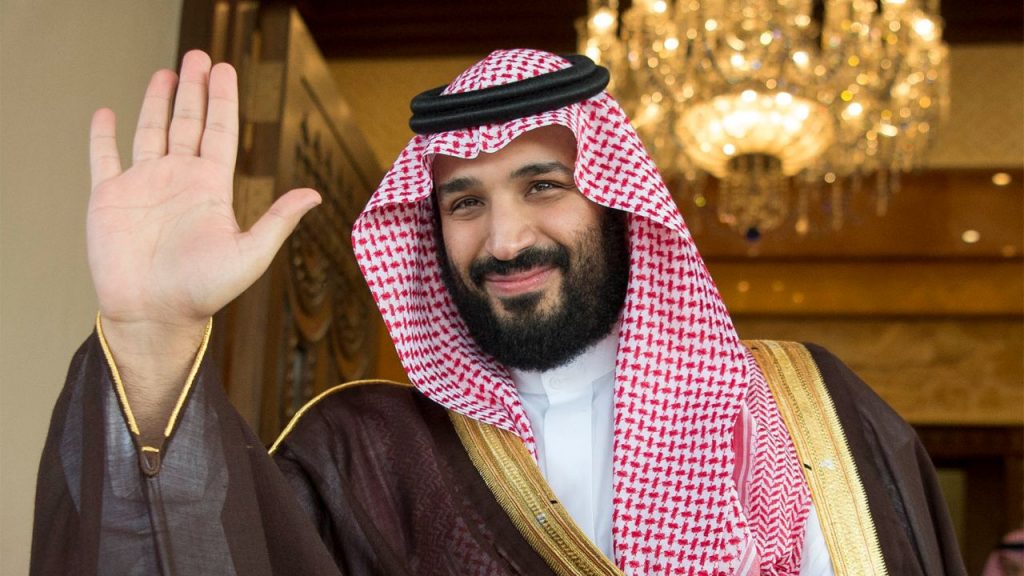Islam has always been divided into two major factions: Shiites, which are in power on the territories ranging from ancient Persia to the Mediterranean, passing through Iraq, Syria and Lebanon, and the Sunnis, the majority, dominating the North Africa, the Middle East in the area of the Persian Gulf.

Currently, Sunnis are divided into Saudi Wahhabis, Saudi-trained Salafis who developed jihadist terrorism and the Muslim Brotherhood originated in Egypt. They are also radical, but they are in contrast with the Saudis and have more pragmatic and political connotations. They enjoy the protection of Turkey and Qatar and part of Tunisia, protection that extends even into the Palestinian territories, particularly if controlled by Hamas, considered outlawed in Egypt and Saudi Arabia, but also in Bahrain, Russia, Syria, Tajikistan, Uzbekistan and the United Arab Emirates.
The Libyan territory is today the scene of a further reckoning between factions, which compete for the political and religious hegemony of the Arab world. The interests at stake are economic, particularly relating to oil fields, but also geopolitical.
Saudi Arabia, as it did with Egypt a few years ago, is attempting Libya’s religious and political control in order to create a barrier to the Shiite advance and the Muslim Brotherhood.
At the fall of Colonel Muammar Gheddafi’s regime, the situation on the Libyan chessboard, disputed between tribes and foreign interests, has progressively become complicated.
In the West, Fayez al-Serraj, a political mediation expert who has previously held institutional positions in the Gaddafi government, is in power. Al-Serraj is at the head of the fragile Government of National Agreement (GNA), wanted by the UN and supported by a large part of the international community.
Across the country, to the east, the authority belongs to Marshal Khalifa Haftar, head of a small but strong personal militia: the Libyan National Army.
Khalifa Haftar in 2014 stood out for having freed Benghazi from the presence of Islamist militias of Salafi jihadist inspiration, which derived from the terrorist fringes of Al Qaeda and ISIS.
Haftar’s operations, aimed at countering radical movements, have progressively increased its international political credibility and influence.
His military campaign is today politically and ideologically directed against the Muslim Brotherhood and in favor of Saudi Wahhabi Islam. In its military offensives, Haftar has the support of both the Egyptian president al-Sisi and the United Arab Emirates and of course also Saudi Arabia.
If Haftar had the upper hand in Libya, Saudi Arabia could enjoy a further strategic position, in addition to that guaranteed by the Egyptian government, the Arab Emirates, and the countries under US influence, including Israel.
But various non-Arab countries are involved in the Libyan crisis. On April 24, the US announced Trump’s support for Haftar. Saudi interests could not be seen otherwise. American support for Haftar became evident even at the UN, when the United States abruptly began to obstruct the approval of the British resolution condemning Haftar. Trump’s choice risks making a gift to Emmanuel Macron’s France.
France, which has always been pro-Saudi and interested in Libyan oil fields, is pressing for Haftar to be recognized as having a more prominent role within the national reconciliation process.
According to the reconstruction of the Guardian, Trump would have succumbed to pressure from Egypt and the United Arab Emirates, two countries that have long supported Haftar, in order to obtain their support for the peace plan between Israel and Palestine promoted by the president’s son-in-law. But it is more likely a direct interest in the oil and military aspects of Saudi Arabia, let’s not forget the war in Yemen where the Saudis are the head of a coalition of various Arab and non-Arab countries.
Going back around the Libya discourse, for us Italians, its stability represents a decisive role with regards to migration flows but also in maintaining energy supplies, part of Eni. Italy, as it generally does in foreign policy, is inclined to negotiate, dialoguing with both parties. But Trump’s moves, which previously seemed to support Italian mediation work, now appear to have an opposite meaning: in essence we, but also the United Nations, are being cut off from the games.
Russia also acts in a dual manner. On the one hand, it supports Haftar through the informal use of Wagner Group mercenaries. On the other hand, he maintains an open dialogue with al-Serraj, as evidenced by the recent visit to Moscow by Khaled al-Mishri, president of the High Council and a man who is strongly unpopular with Haftar, due to his long history in the Muslim Brotherhood.
Turkey and Qatar, close to the Muslim Brotherhood, are instead deployed in support of Fayez al-Sarraj and the Government of National Accord (GNA), as mentioned in contrast to the Saudis and its allies.
Till today, therefore, the international community remains divided, having to face the difficulties arising from the Tribal type structure of Libyan families, and from the UN which seems unable to exert a decisive pressure on the parties involved. But the instability in the Middle East will never be resolved as long as there are energy, military and migratory interests to be used to move the centers of power.






